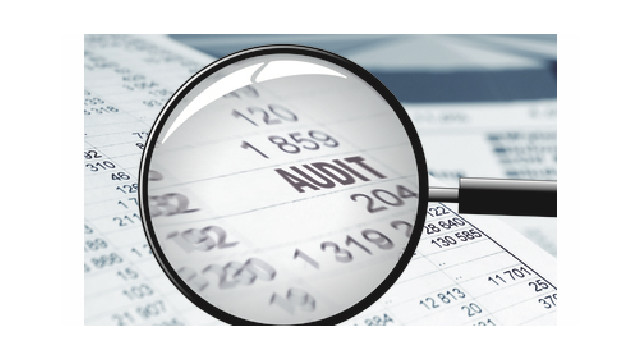The coronavirus (COVID-19) outbreak has rightly become the focus of massive public attention in recent weeks, and financial markets around the world have reacted accordingly, with the stock markets experiencing sharp sell-offs.
This article first appeared on the Thomson Reuters blog.
As a result, auditors have to be mindful of heightened audit risks this year.
- Valuation of financial assets – With financial markets reacting to concerns over the spread of the virus, the measurement of financial assets will be a risk. The duration of the disruption is still unknown, but auditors and management may want to consider the potential for impairment. Financial assets reported at fair value on the balance sheet may also result in realized and unrealized losses. Management and auditors will also have to exercise judgment around critical estimates and cash flow projections used in the fair value measurement of non-quoted financial instruments.
- Hedging – Hedge accounting may be disrupted by higher-than-anticipated levels of volatility resulting in higher levels of hedge ineffectiveness to recognize in earnings. Clients may also rethink the likelihood of occurrence of a hedged forecasted transaction, with potential immediate consequences on earnings as well. Finally, management may be re-thinking their hedging strategies.
- Valuation of inventory – Supply chains are disrupted, and production levels may be affected. If your client has reduced or idle production capacity, their overhead costs may not be allocated to inventory as they usually are. In addition, inventory that cannot be turned over because of travel restrictions may have to be evaluated for impairment. Finally, changes in prices and reduction in the level of demand will also have to be taken into consideration.
- Credit and liquidity risks – Your clients’ customers, as well as your clients themselves, may find themselves in financial difficulty, resulting in additional credit risks, higher than usual bad debt and even potentially impairments and write-offs. Cash flows from operations may also be affected. Don’t forget that liquidity risks must be disclosed and are often scrutinized by analysts.
== Article continues on the Thomson Reuters blog at: ==
https://tax.thomsonreuters.com/blog/how-the-coronavirus-is-increasing-audit-risks-this-year/
Thanks for reading CPA Practice Advisor!
Subscribe Already registered? Log In
Need more information? Read the FAQs




